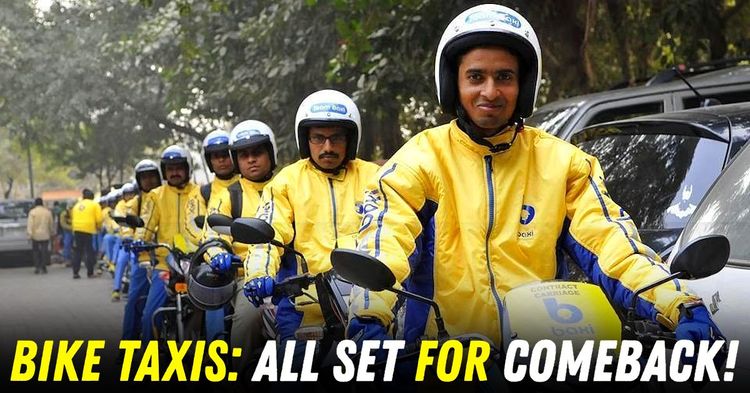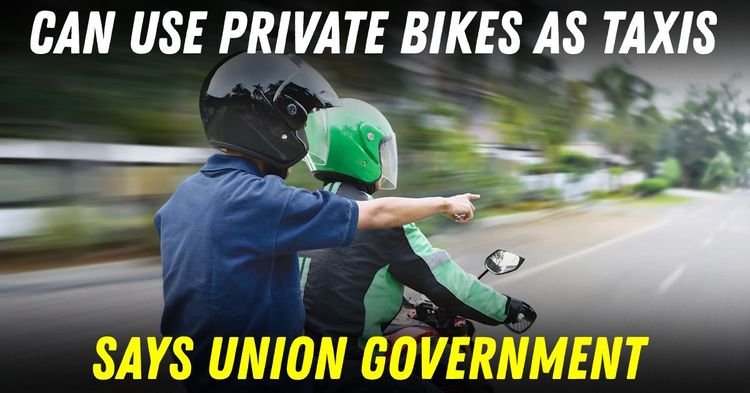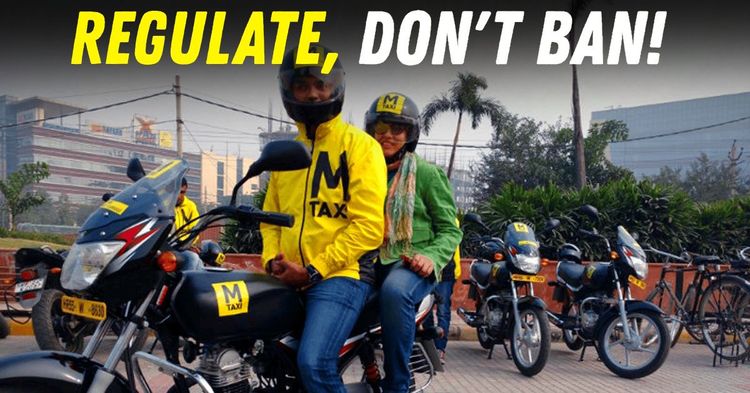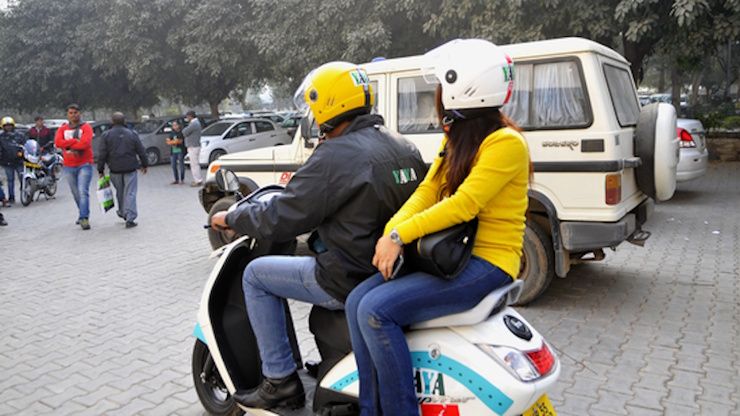Bike Taxis Will Be Back On The Road Soon: Fresh Rules Detailed


Bike taxis, once a grey area in transport regulation, are on the verge of making a formal comeback. With the Union Government recently amending motor vehicle rules to permit private (white-board) two-wheelers to be used for commercial purposes, the stage is now set for states to decide how they want to implement this move. Maharashtra has taken the first decisive step, framing a fresh set of rules that legalise bike taxis, especially electric ones. This could pave the way for other states to follow, though not all are ready to jump in just yet.

The key change from the Centre lies in the amendment to the Central Motor Vehicle Rules, which now allow white-board two-wheelers to be used for carrying passengers, provided the rider is registered with an aggregator and follows local state rules. Earlier, commercial passenger transport was restricted to yellow-board vehicles with permits, and using a private bike for ferrying passengers was deemed illegal.
Maharashtra has responded swiftly, becoming the first state to formally issue a government resolution that permits bike taxis. The state's new policy gives a clear nod to electric two-wheelers, with a cap on the age of vehicles and conditions related to licensing, safety, and insurance. Petrol two-wheelers are allowed too, but only in areas where electric vehicle infrastructure is inadequate.
The policy puts responsibility on aggregators to register with the state transport department and maintain records of their riders. Riders must hold a valid driving licence, and all vehicles must be fitted with GPS devices and panic buttons. There are also stipulations about wearing uniforms and displaying QR codes for passenger safety.

However, while the Centre has changed the rules, transport remains a state subject. This means that each state has the power to decide whether or not it wants to allow bike taxis and on what terms. In Karnataka, for instance, the state government is still evaluating the framework and has yet to notify any policy.
This uneven progress reflects the complexity of implementing a central vision across diverse local contexts. Some states have resisted bike taxis in the past over safety, insurance, and competition concerns raised by auto and taxi unions. Delhi and Telangana, for example, have taken strong action against unauthorised bike taxis, while others like Goa have permitted them selectively.
So even with the Union's push, there's no uniform adoption. It is now up to individual states to balance commercial opportunity, commuter convenience, and regulatory control.

For city dwellers, especially in crowded metros, bike taxis offer a fast and affordable alternative to autos and cabs. They’re particularly useful for short-distance travel or last-mile connectivity in traffic-congested zones. Riders can easily book a ride on platforms like Rapido or Uber Moto, and many are already accustomed to this informal setup.
The legalisation of bike taxis could bring much-needed structure and accountability to a space that’s operated in a legal vacuum for too long. Formalising the segment also means better safety, insurance coverage, and vehicle monitoring, which are critical for passenger trust.
Moreover, Maharashtra’s policy nudging towards electric bikes fits well with broader environmental goals. It opens the door for sustainable urban mobility, giving two-wheeler EV players a new growth opportunity while reducing pollution levels in dense cities.
Maharashtra’s move could be a turning point in the way two-wheeler mobility is viewed by governments. Instead of merely being a private mode of transport, bikes could now become part of an integrated public transport solution. For aggregators, this also represents a major business opportunity to scale across tier-1 and tier-2 cities.
The bigger question now is how other states respond. Will they draft clear policies, or will regulatory ambiguity continue to cloud the future of bike taxis? Either way, Maharashtra has broken the ice. And for daily commuters frustrated by long waits or expensive cab fares, this may just be the start of a much-needed change.